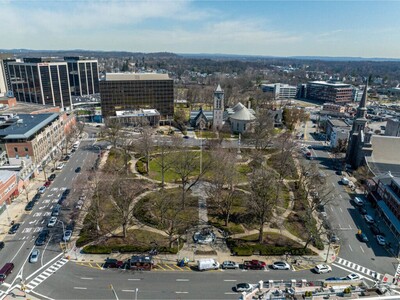New Jersey Implements Nation's First Environmental Justice Law to Protect Vulnerable Communities
Governor Phil Murphy announced the final adoption of regulations to implement New Jersey's landmark Environmental Justice (EJ) Law on the first day of Earth Week. This pioneering law aims to reduce pollution in historically overburdened communities and communities of color, which have been disproportionately impacted by environmental and public health stressors.
Developed by the New Jersey Department of Environmental Protection (DEP), the EJ Rules mandate enhanced community engagement and the use of the Environmental Justice Mapping, Assessment and Protection (EJMAP) tool for planning and permitting pollution-generating facilities. Applicants proposing such facilities in overburdened communities must prepare an environmental justice impact statement and host a public hearing. DEP will evaluate whether the proposed facility would cause disproportionate pollution levels and establish permit conditions accordingly.
The EJ Law, signed by Governor Murphy in 2020, strengthens existing environmental laws and empowers DEP to evaluate pollution potential and enforce conditions to minimize adverse impacts. The eight types of facilities covered by the EJ Rules include major sources of air pollution, resource recovery facilities, sewage treatment plants, and landfills, among others.
The EJ Rules were shaped through an extensive stakeholder process, involving affected communities, environmental and public health advocates, and business and industry leaders. Maria Lopez-Nuñez, Deputy Director of Organizing and Advocacy for the Ironbound Community Corp, praised the EJ Law as a crucial tool for ending the legacy of siting toxic industries in low-wealth, communities of color.
Dr. Nicky Sheats, Ph.D., Director for the Center for the Urban Environment at Kean University, emphasized the importance of these regulations in addressing the disproportionate pollution that affects communities of color and low-income areas in New Jersey. He expressed his eagerness to help the state develop further policies to achieve environmental justice.
The DEP's EJMAP tool assists in identifying overburdened communities, locating covered facilities, and analyzing the environmental and public health stressors impacting those communities. For more information on the adopted Environmental Justice Rules, visit https://dep.nj.gov/ej/law/. To learn about public hearings and participate in environmental justice efforts in New Jersey, sign up for automated email notifications by county and visit DEP’s Office of Environmental Justice.













